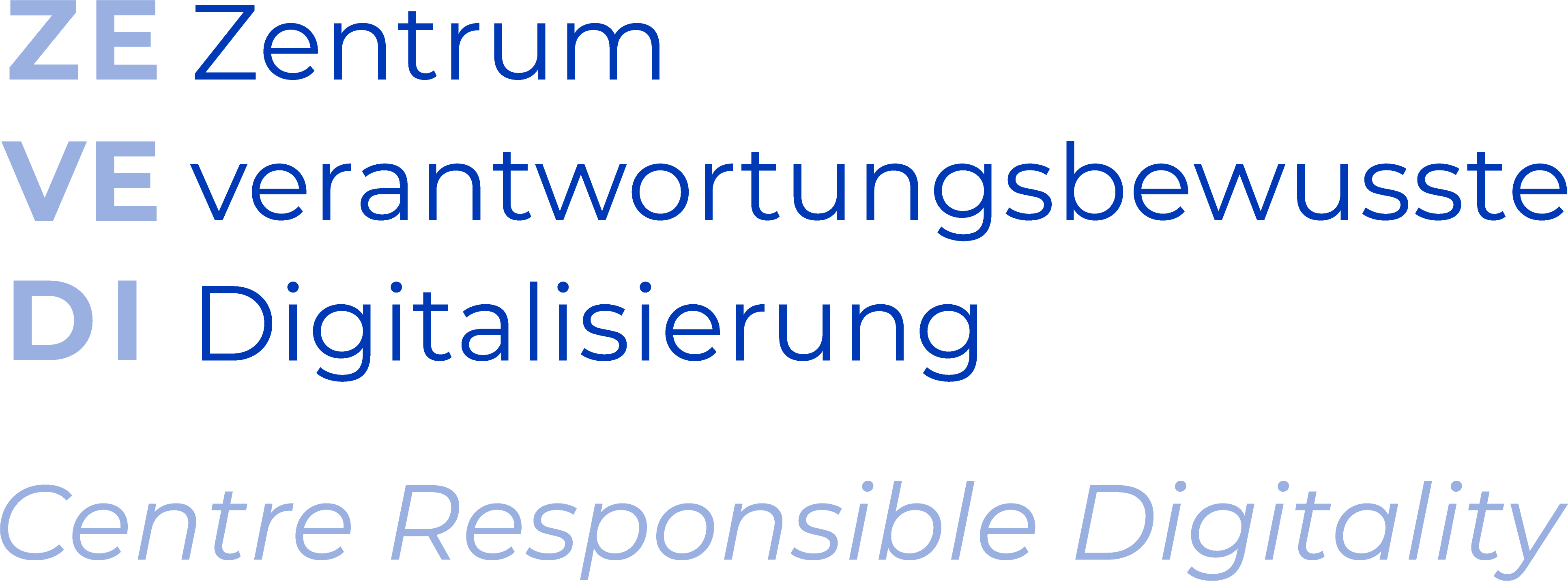
Every day, we use different means of digital payments. Whether payments are made by debit card, credit card or via app – all these payment methods have one feature in common: they leave traces. Transactions data is most valuable as it allows several conclusions to be drawn about personal life and actual behaviour. Data-driven platforms whose business model is based on the monetisation of data and payment service providers share an interest in the use of financial transaction data. Despite the sensitivity of transaction data, little is yet known about its commercial use. In particular, the question on which technologies enable which data usage has not yet been addressed.
This is the starting point of the ad-hoc project. It aims to provide an overview of the use of transaction data by different financial actors. Based on case studies, criteria for the responsible processing and usage of transaction data are to be developed. To this end, a classification scheme is being developed to show in a ‘data protection scoring’ what impact the various payment types have on data protection.
The question of how financial actors use transaction data is also closely linked to questions of regulation and has strong normative implications: In the course of a regulatory-induced market liberalisation, EU regulations have significantly facilitated access to transaction data and thus simplified market access for FinTechs and BigTechs. The project thus combines regulatory matters with the analysis of technological design and normative implications. With its analysis of how transaction data is currently used commercially, the project develops the basis for discussions on how transaction data could be used in the future.
Project responsibility
Dr. Carola Westermeier | Justus-Liebig-Universität Gießen | more information
Research assistant
Marek Jessen | Justus-Liebig-Universität Gießen
